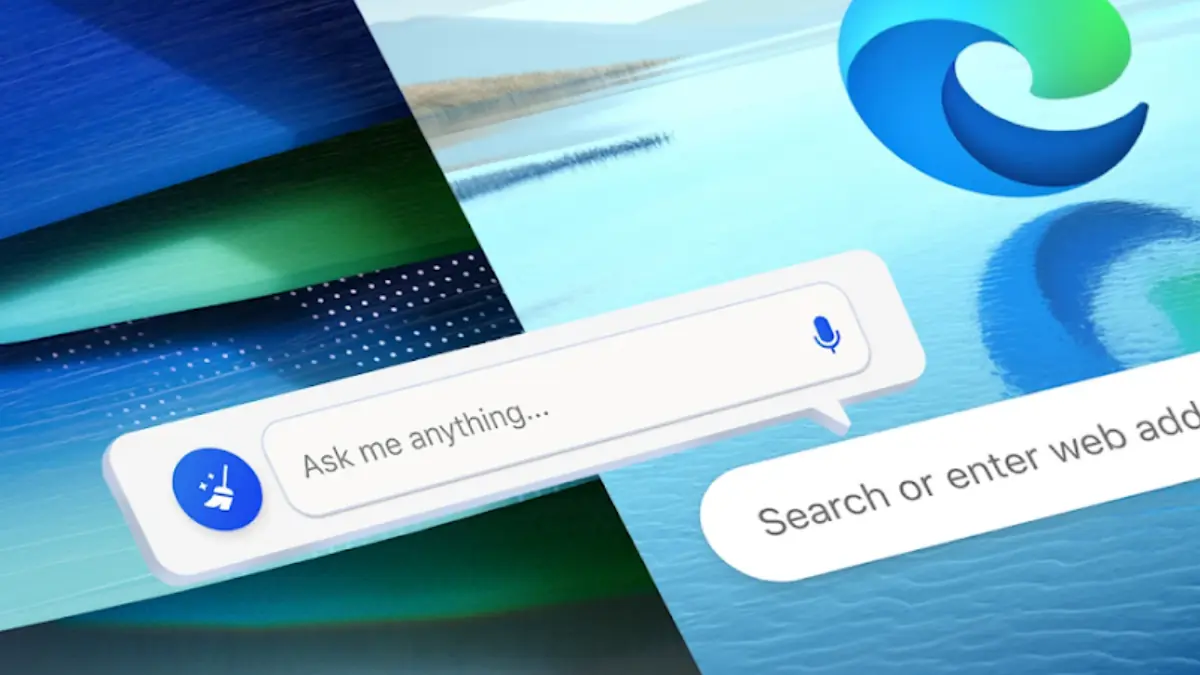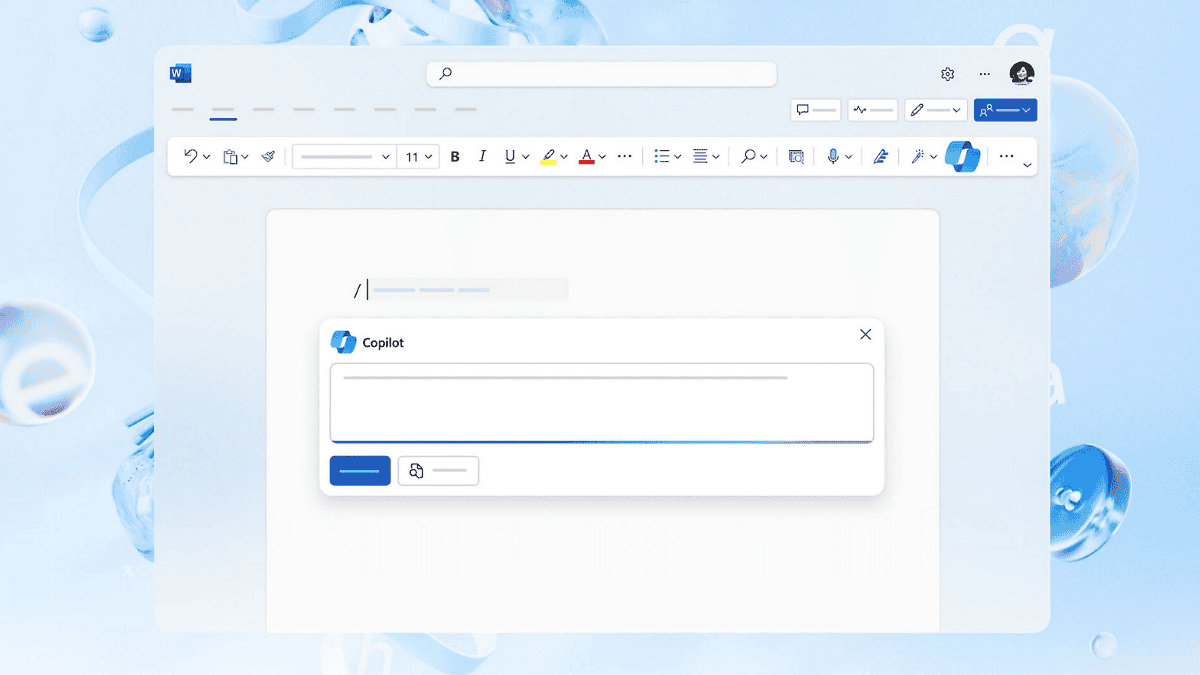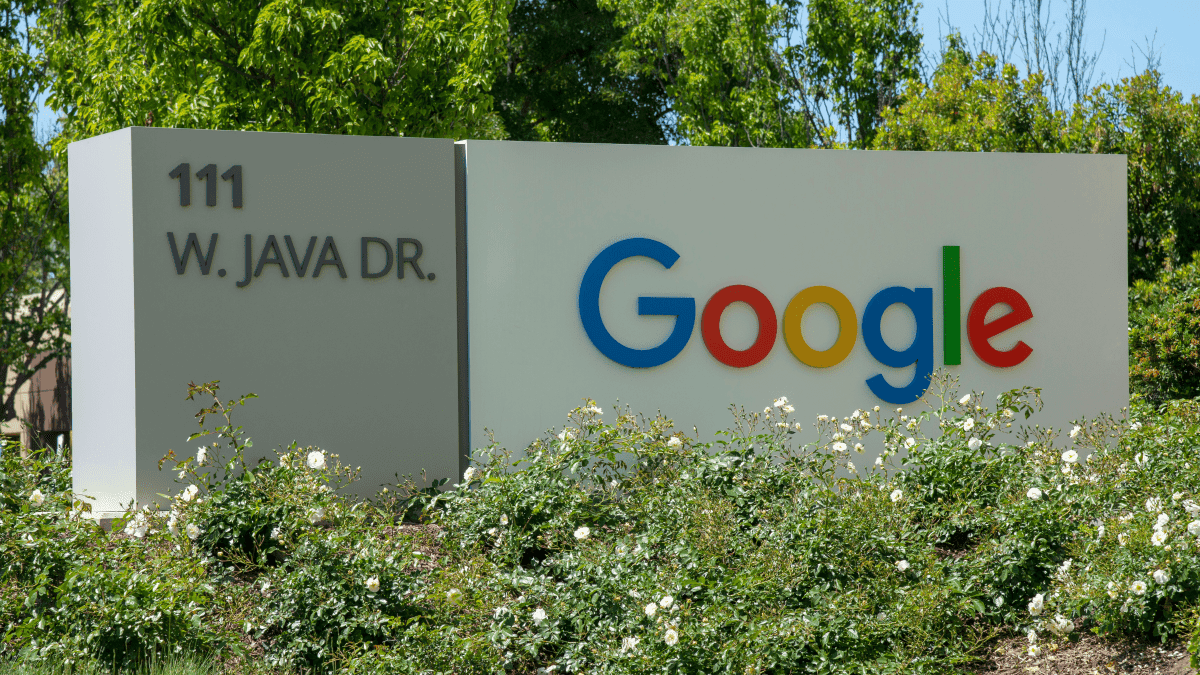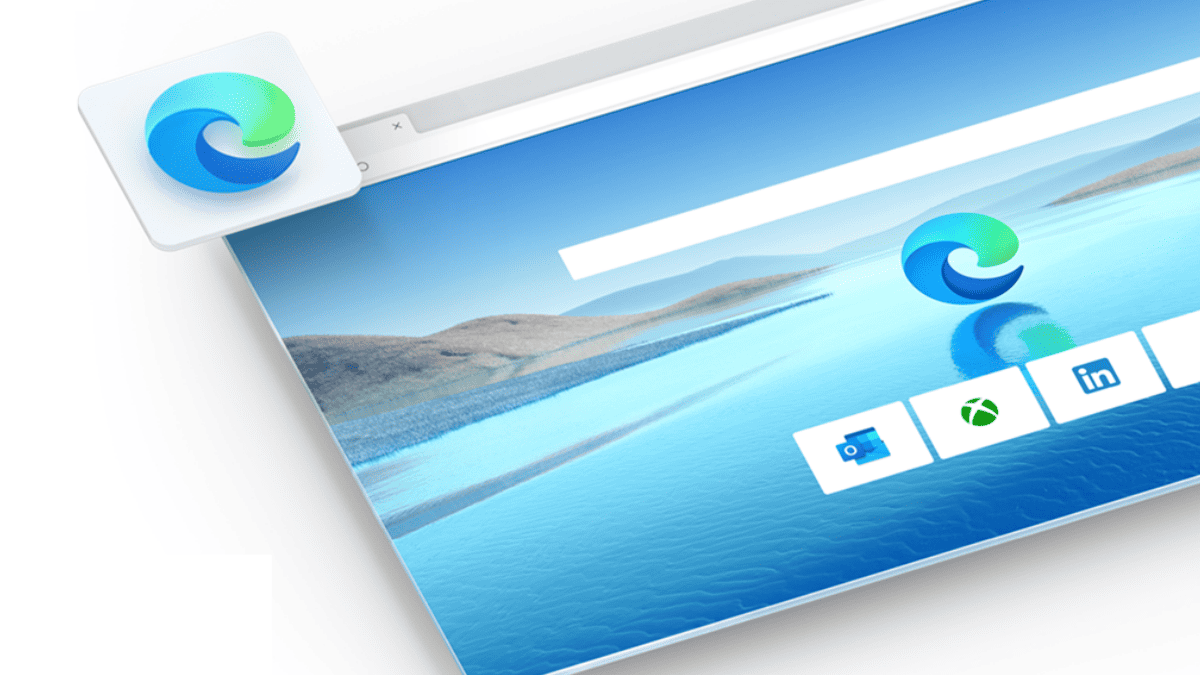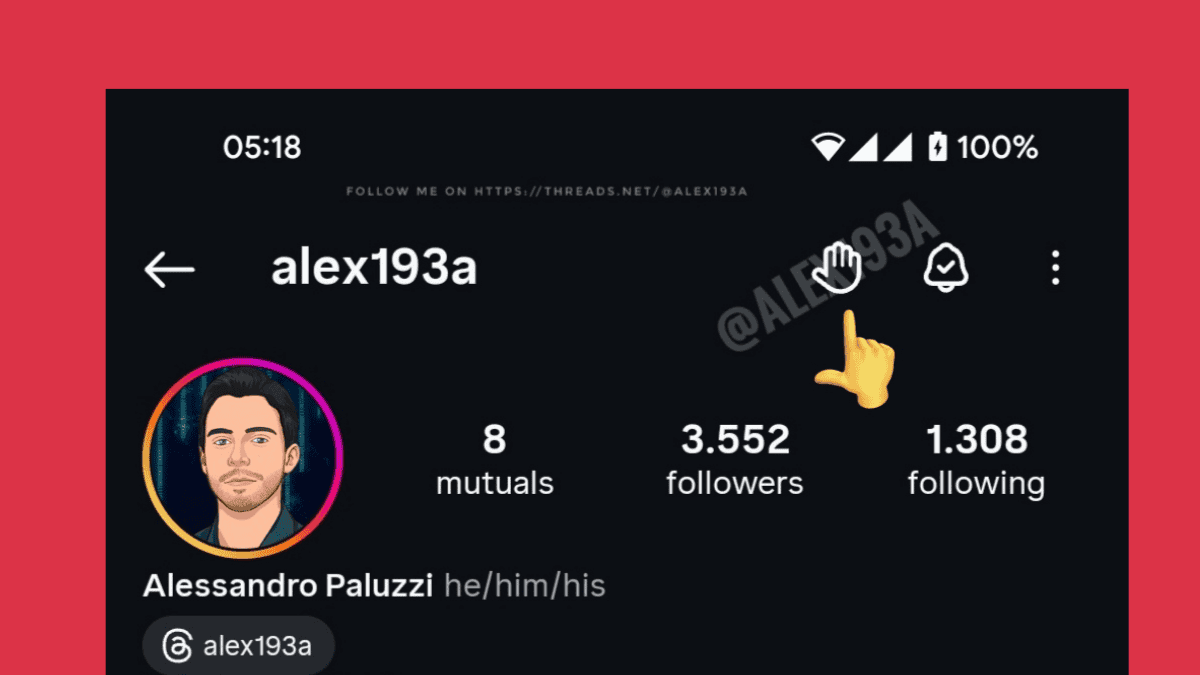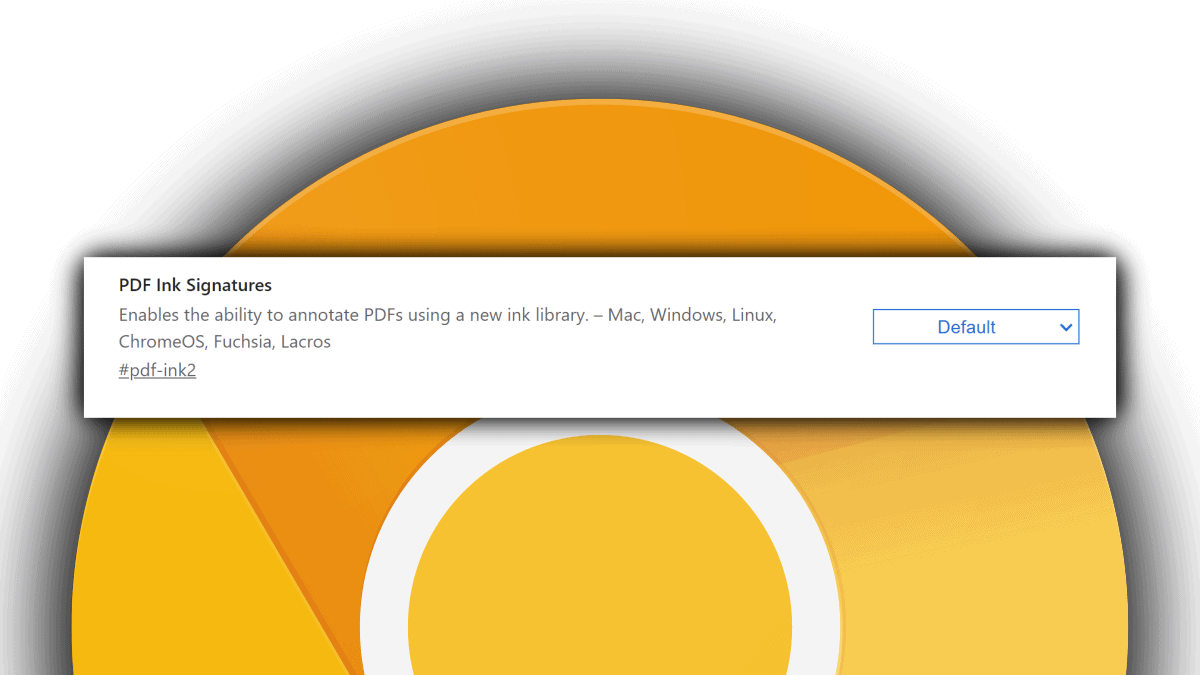New "hinged foldable tablet" patents from Microsoft gives us a better look at the device
2 min. read
Published on
Read our disclosure page to find out how can you help MSPoweruser sustain the editorial team Read more

Given the volume of patents we have seen in recent months, there is little doubt Microsoft is working on a hinged Windows 10 tablet, though of course, this does not tell us whether the device will ever make it out of the labs.
The detailed images in the recent patents, however, give us a rather good look at the device and are somewhat reminiscent of the Surface Studio patents, which were in the end remarkably true to the device which Microsoft eventually delivered.
The patents all focus on the details of the hinge, with the mechanical engineering largely going over the top of our heads, but the patents do make it clear that the device will have 3 configurations – 0 degrees closed, 180 degrees flat open and 360 degrees fully open.
The patent also notes that when at 180 degrees the inside screens will show a single user interface, while in the other configurations the device will show separate interfaces on each screen.
Magnets and clever hinges would be used to hold the device in the various configurations and to create a near seamless surface when fully flat.
The images also for the first time gives us a clue to the size of the device, with the scale of the camera port suggesting a smartphone-sized device rather than a book-sized tablet.
The inventor listed on both patents is Kabir Siddiqui, who had earlier patented the Surface Kickstand.
While many of our readers could never be tempted back to a Windows Phone, we can easily see the device play a new role as an always-connected ARM-based Windows 10 tablet that would allow a high-level of productivity on the move, to be used to complement another smartphone which may or may not run Windows.
As usual such projects are always prone to cancellation, but hopefully, this is one vision that will make it to our pockets.
Update: Reader Ahmed reminds us that this is an idea Microsoft has been envisioning for a while, as can be seen in their 2009 concept video Productivity Future Vision.



